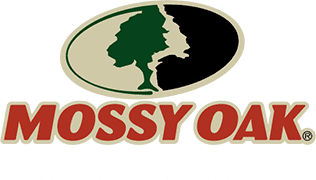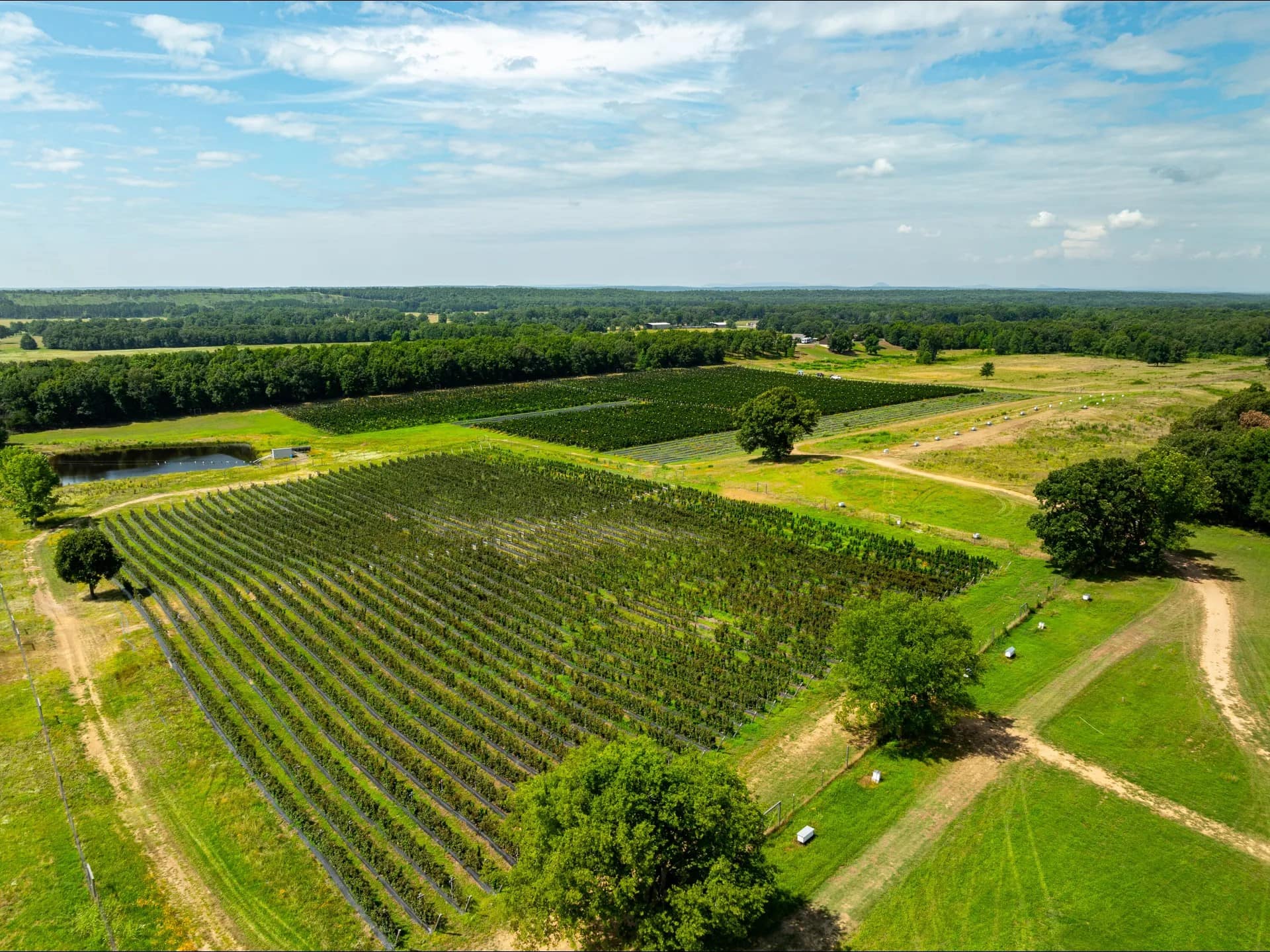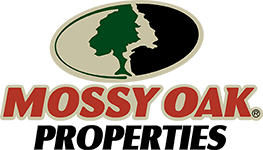Exploring Arkansas Land Opportunities
Arkansas has a wealth of land (over 33 million acres) that appeals to investors and outdoor enthusiasts. Buying raw land here can serve both investment and recreational purposes. The state features a diverse landscape, including forests, mountains, and fertile plains. According to 2023 USDA data, the average cost per acre is $3,600 for farmland, $3,180 for cropland, and $2,900 for pasture. Land prices in Arkansas can vary around major cities like Little Rock and Fayetteville. If you are looking into Arkansas land for sale, it is important to understand the local market and what each region offers.
Key Regions in Arkansas
1. Ozark Mountains
The Ozark Mountains in northern Arkansas offer rolling hills and dense forests. The land here is ideal for timber, hunting, and rural homesteads. Counties like Baxter County and Boone County provide options for those interested in large chunks of rural land. The area is suitable for agricultural land, with soil that can support various crops and livestock.
2. Arkansas Delta
Located in the eastern part of the state, the Arkansas Delta is known for its flat, fertile farmland. This region is perfect for agriculture, especially crops like soybeans, rice, and cotton. Counties such as Drew County and Ashley County have expansive agricultural land available. Investors can buy big pieces of land that they can use for farming.
3. Ouachita Mountains
The Ouachita Mountains in the west-central region offer forested land and mineral resources. The terrain is rugged, making it suitable for timber harvesting and hunting land. Madison County and Washington County have properties that are available to those looking for secluded rural land. The area also has potential for small-scale agriculture and homesteading.
4. Central Arkansas
Central Arkansas includes both urban and rural areas. Counties like Pulaski County and Garland County offer land near cities such as Little Rock and Hot Springs. While land prices may be higher close to urban centers, rural land in Conway County and White County provides opportunities for building homes or starting small farms. The proximity to city amenities adds value to properties in this region.
5. Arkansas River Valley
Situated between the Ozark and Ouachita Mountains, the Arkansas River Valley features fertile soil and a moderate climate. The land here is suitable for various types of agriculture, including crops and livestock. Counties like Sebastian County and Crawford County offer properties that can be used for farming, ranching, or residential development. The region balances rural land opportunities with access to transportation routes.
Financial Considerations When Buying Land in Arkansas
Land prices always vary depending on location, type, and current market conditions. Properties near cities like Hot Springs might be more expensive than those in rural areas like Newton County. Beyond the initial cost, there are some additional expenses like:
- Property Taxes: These vary by county.
- Maintenance Costs: Ongoing expenses for upkeep, especially for agricultural land.
- Utilities and Infrastructure: Installing electricity, water, or sewage systems can add to your costs.
- Legal Fees: Costs for surveys, title searches, and closing fees.
For financing options, buyers can explore traditional bank loans, credit unions, or specialized lenders offering land financing options. Some sellers might offer owner financing terms, which can be helpful if you are building a single-family house or investing in rural land. It might seem complex, but you can always consult with expert real estate agents at Mossy Oak Properties, who know the Arkansas market and can help you get a good deal and explore financing options.
Important Factors to Consider Before Buying Land
- Zoning laws: Check local zoning laws to make sure the land can be used for its intended purpose. Some areas restrict agricultural land use and building types.
- Utility Available: Check if the property has access to water, electricity, and sewage. Because installing these can be very costly if they are not available already.
- Access Route: Confirm that there is legal and practical road access to the property. Lack of proper pathways can make it difficult to build and can affect the land value.
- Environmental concerns: Assess the land for issues like flood risks, soil quality, and protected wildlife habitats. This is crucial for both building and farming plans.
Advantages and Disadvantages of Owning Land in Arkansas
| Advantages | Disadvantages |
|---|---|
| Affordable land compared to other states | Limited amenities in some rural areas |
| Diverse landscapes suitable for many uses | Weather challenges in certain regions |
| Potential for agricultural and recreational activities | Zoning restrictions may apply |
| Growing interest makes for good investment | Maintenance and infrastructure costs |
| Rich natural beauty enhances property value | Distance from major cities in some locations |
Step-by-Step Guide to Purchasing Arkansas Land
- Set Your Goals and Budget
Decide what you want to do with the land. Are you planning to farm, build a home, or invest? Knowing this helps in selecting the right type of property. Set a realistic budget that includes the purchase price and additional costs like taxes and utilities. - Choose the Right Location
Research different regions to find the area that suits your needs. For agricultural pursuits, consider fertile areas like the Arkansas Delta in Drew County or Ashley County. If you are interested in rural land with natural beauty, places like Newton County or Marion County might be ideal. - Visit Potential Properties
Schedule visits to the properties in which you are interested. Assess the land condition, check for road access, and see if utilities are already in place. - Consult Professionals
Hire a qualified surveyor to verify property boundaries and identify any issues. A title company can perform a title search to ensure there are no legal problems. Working with a real estate agent experienced in Arkansas land can provide valuable insights. - Explore Financing Options
Look into different financing methods. Traditional bank loans, credit unions, and owner financing terms may be available. Real estate investors often compare rates to find the best deal. Some sellers may offer flexible payment plans. - Make an Offer and Negotiate
Once you have found the right property, submit an offer. Be prepared to negotiate terms like price, closing date, and any contingencies. A real estate agent can assist in this process to help you get favorable terms. - Complete Due Diligence
Before finalizing the purchase, complete all necessary inspections and verify zoning laws. Make sure the land meets all your requirements and that there are no hidden issues. - Close the Deal
Finalize the purchase by signing all required documents. Pay any closing costs and fees. After closing, the land is officially yours, and you can proceed with your plans.
Working with knowledgeable professionals can simplify each step of buying land in Arkansas. Mossy Oak Properties, with extensive experience in rural real estate, specializes in connecting buyers with the perfect piece of land. Our team of real estate agents understands the Arkansas market and the specific considerations of land transactions in the state. By leveraging expertise and local knowledge, Mossy Oak Properties helps make the process of purchasing land smoother and more efficient.


